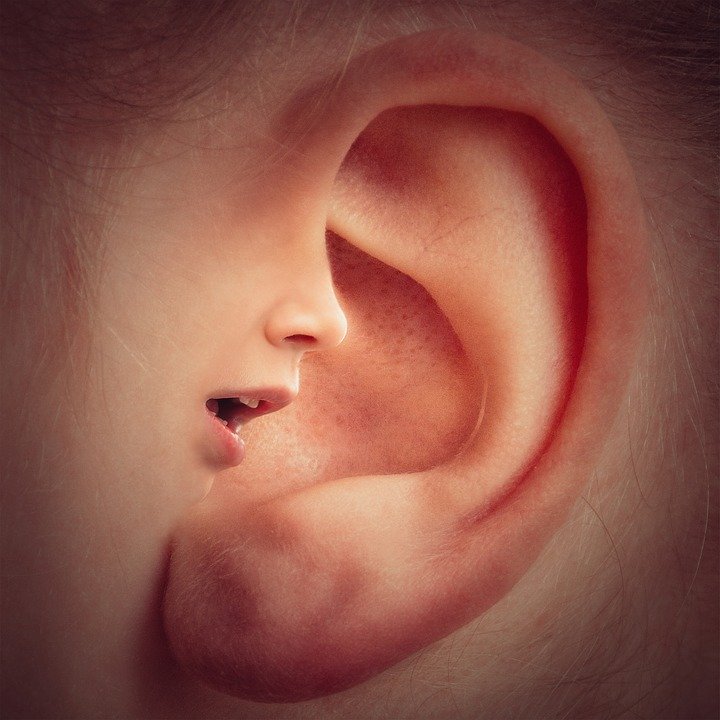Nobody wants to think about hearing loss, but for many, it's a medical condition that needs to be thought about. Especially as you age and your ears are exposed to more sounds, the likelihood is higher than you will develop worse hearing. That being said, age alone isn't the sole determinant of whether or not you'll develop hearing loss.
There are multiple types and ranges of hearing loss that you may experience, so it's best to understand the similarities and differences between them if you're going to avoid developing hearing loss in the first place. Read on to find out more about what can impact your ears for better and worse so that you know what you need to do to protect yourself.
Types of Hearing Loss Explained
Sensorineural hearing loss is one of the most common types of hearing loss you may experience. This kind of hearing loss occurs as a result of damage to your inner ear or the nerve that plays a role in hearing. Aging, as well as exposure to loud noises, can cause sensorineural hearing loss. This kind of hearing loss is permanent.
Conductive hearing loss can occur at any part of your ear, including the middle ear. Sometimes, conductive hearing loss develops as a result of another underlying condition. For example, if you have an ear infection that has caused a lot of fluid to build up in your middle ear, this could contribute to conductive hearing loss.
Not all conductive hearing loss is reversible. However, with medical treatment or surgery, it may be able to treat your symptoms and improve your situation. This ultimately depends on what caused your hearing loss in the first place, so it's best to see a specialist and get a more accurate diagnosis.
Mixed hearing loss occurs when you experience a combination of conductive hearing loss and sensorineural hearing loss. This may be because of problems with the outer ear, eardrum, sensorineural nerves, or inner ear. Most often mixed hearing loss is a result of a long term infection or trauma to the head. As a result, it's always a good idea to seek out medical treatment at the onset of any hearing problems so that you can prevent them from worsening.
Other hearing issues that you may experience include the sounds of rushing or buzzing in your ears. Sometimes you may even experience a ringing in your ears, called tinnitus. Tinnitus is often related to other symptoms, but some people also experience chronic tinnitus without any other underlying cause. It's important to let a doctor determine whether or not your tinnitus is a sign of a deeper condition. Some patients report that they've found help from the resources and treatments offered from websites like https://Tinnitus911.com/.
Managing Your Life With Hearing Loss
When you have chronic hearing loss, it can change your life in numerous ways. If your hearing loss isn't too severe, you may be able to get by using assisted hearing devices such as hearing aids or watching television with closed captioning. Even so, there may come a time when your hearing loss turns into deafness, which can impact your life in other ways. Depending on your age, it may be useful to look into in-home care services in Fairless Hills, PA or wherever you live.
These sorts of services can be of particular use to aging individuals who may also need help around the house with other activities and chores. It's just as important to note that enrolling in American Sign Language courses can be equally helpful in connecting you with others who can help you undergo your transition by providing resources and a community.



